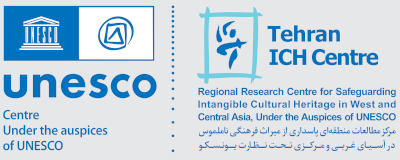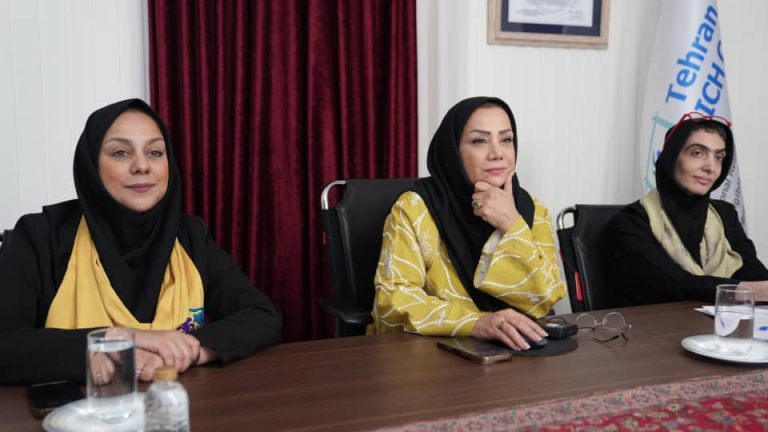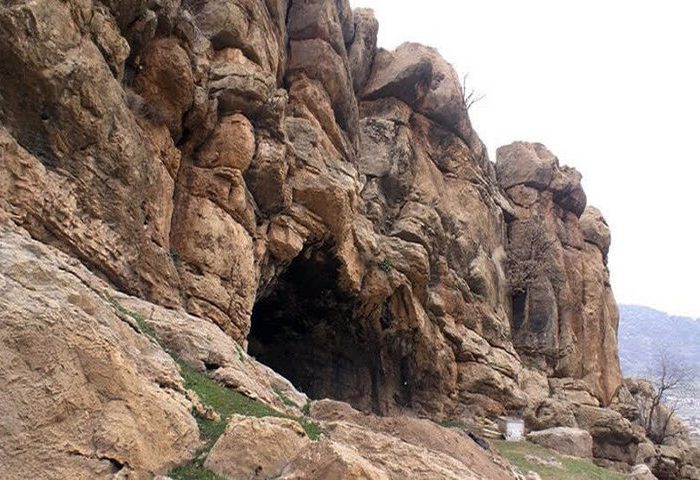The 13th Annual Coordination Meeting of Category 2 Centres active in the field of intangible cultural heritage, held online on 16 July 2025, convened more than 40 participants from all regions of the world. The meeting was chaired by Ms. Fumiko Ohinata, Secretary of the 2003 Convention, and included participation from Ms. Susanne Schnuttgen, Director, Capacity Building Department at UNESCO, as well as the Directors-General of the eight regional Category 2 Centres representing:
• Eastern Europe (Bulgaria)
• North Africa (Algeria)
• South America (Peru)
• Arab States (United Arab Emirates)
• West and Central Asia (Iran)
• East Asia (China, Republic of Korea, and Japan)
This year’s meeting offered a vital opportunity to exchange experiences, assess synergies between centres, and identify avenues for enhanced
cooperation within the UNESCO periodic reporting mechanism.
 Two-Part Contribution of the Tehran ICH Centre: From Reflection to Projection
Two-Part Contribution of the Tehran ICH Centre: From Reflection to Projection
The Regional Research Centre for Safeguarding Intangible Cultural Heritage in West and Central Asia (Tehran ICH Centre) presented its contributions in two parts:
1. Summary of Past Activities and Future Proposals:
The Centre offered an overview of its recent initiatives, including
Projects on nomadic women and entrepreneurship; memory institutions and ich learning for youth; networking among NGOs active in the area of ICH in the region; commemoration of the International and national Day of the Intangible Cultural Heritage; creating the SHAHNAMAG platform for the identification of shared ich elements; publications, etc. It also introduced several forward-looking proposals that will be submitted to the upcoming Seventh Meeting of its Governing Council for consideration and endorsement:
community-based projects in the fields of traditional medicine; food heritage; and educational games; as well as the regional Silk Roads programme aimed at networking and sharing good safeguarding practices;
climate-resilient safeguarding, traditional knowledge systems; intergenerational learning, and empowering women and youth in heritage practices across the 24 countries of the region.
2. Proposal for Enhancing Periodic Reporting:
Based on internal reflections and consultation with members of its Governing Council, the Centre proposed to launch an academic initiative focusing on the analytical study of the Overall Results Framework (ORF) and strengthening collaboration with scholars and universities. The objective is to enhance the quality and relevance of periodic reports submitted by States Parties in West and Central Asia, without duplicating existing mechanisms but by offering targeted capacity-building, research, and guidance in line with Convention principles.
 Living Heritage at the Heart of Community and Cooperation
Living Heritage at the Heart of Community and Cooperation
The Centre reaffirmed its strategic focus on community-centred safeguarding, the interlinkage of tangible and intangible heritage, and the role of traditional knowledge in fostering cultural resilience, environmental sustainability, and social dialogue.
Throughout the meeting, the Centre’s interventions received thoughtful attention and appreciation. Ms. Susanne Schnuttgen highlighted the relevance and timeliness of the Centre’s project on empowering women in nomadic and agro-pastoral communities, expressing her support for its future implementation in hybrid format, and underlining its alignment with the Convention’s community-driven spirit.
 Appreciation to the Convention Secretariat and Partners
Appreciation to the Convention Secretariat and Partners
The Centre also extended its heartfelt appreciation to Ms. Fumiko Ohinata, Secretary of the 2003 Convention, for her inspiring opening video message, and to the UNESCO Living Heritage Entity for its continued support and guidance.
Special recognition was offered to Mr. Nicholas Tan, Programme Specialist at UNESCO, and Dr. Mehrnaz Pirouznik, Senior programme Specialist for International Cooperation at the Tehran Centre, for their steadfast coordination with the Secretariat and contribution to the Centre’s visibility and engagement.
 A Regional Voice in the Global Conversation
A Regional Voice in the Global Conversation
As the only Category 2 Centre operating across West and Central Asia with 11 member countries, the Tehran ICH Centre reaffirmed its commitment to act not only as a technical implementing agency, but as a platform for critical reflection, shared wisdom, and regional dialogue. Its voice at the 13th meeting resonated as a signal of sustained readiness to contribute to UNESCO’s global mission.
“We are a regional voice where tradition is dynamic, and the past is a source of future inspiration.”




